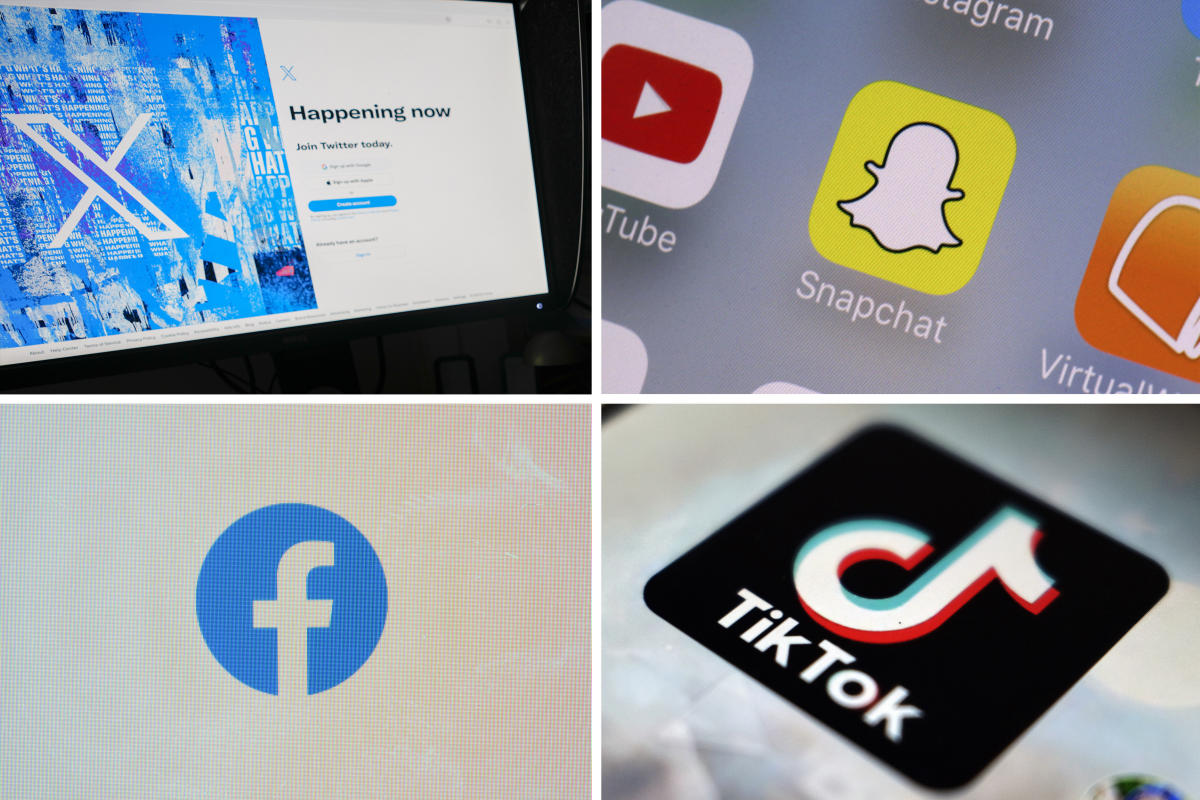BARCELONA, Spain (AP) — Spain’s federal government has actually proposed a law to secure kids from online hazards that consists of virtual limiting orders for felons, a greater age for opening social networks accounts and health screenings for teens to find associated psychological conditions.
“The health, wellness and security of our kids, in addition to the harmony of our households, are at stake,” Justice Minister Félix Bolaños stated Tuesday as he provided the proposition at a post-Cabinet interview. Spain’s left-wing minority federal government will require the assistance of other celebrations to make it law.
Public issue has actually grown after a string of cases of sexual violence and abuse connected to the web. Prime Minister Pedro Sánchez has actually stated Spain is dealing with an “genuine pandemic” of porn targeted at minors. About 25% of kids 12 and under and 50% of those 15 and under have actually been exposed to online porn.
Spain’s federal government has actually prohibited using mobile phones in grade schools and needed high schools to validate their usage for academic functions. The federal government states the typical age for kids to get their very first cellular phone is 11.
The expense would customize the criminal code to develop particular criminal activities for sharing adult product with minors and the development of “deepfake” images utilizing expert system, particularly if they target victims with sexually violent product. It likewise targets so-called “grooming” by sexual predators to attempt to win the trust of minors.
Convicted wrongdoers who utilize the web to commit felonies would deal with virtual limiting orders forbiding them from calling victims online and a restriction from particular online activities.
The minimum age for opening a social networks account in Spain will increase from 14 to 16. Technological business will be needed to set up age confirmation and adult controls on social networks and video-sharing applications.
Educators would be trained on how to advise trainees on web security and launch public awareness projects on the threats of digital dependency, abuse and personal privacy issues.
